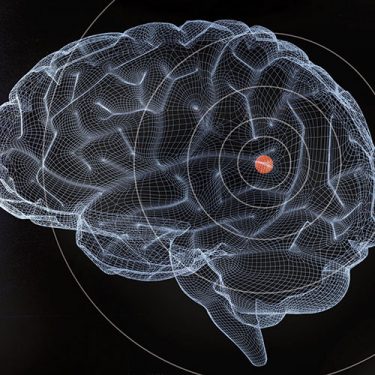Brain could play a key role in diabetes
 A growing body of evidence suggests that the brain plays a key role in glucose regulation and the development of type 2 diabetes. If the hypothesis presented in a paper recently published in Nature is correct, it may open the door to entirely new ways to prevent and treat this disease, which is projected to affect one in three adults in the U.S. by 2050.
A growing body of evidence suggests that the brain plays a key role in glucose regulation and the development of type 2 diabetes. If the hypothesis presented in a paper recently published in Nature is correct, it may open the door to entirely new ways to prevent and treat this disease, which is projected to affect one in three adults in the U.S. by 2050.
Lead author Dr. Michael W. Schwartz, UW professor of medicine and director of the Diabetes and Obesity Center of Excellence, and colleagues at other universities, note that the brain was originally thought to play an important role in maintaining normal glucose metabolism. With the discovery of insulin in the 1920s, the focus of research and diabetes care shifted to almost exclusively to insulin.
Today, almost all treatments for diabetes seek to either increase insulin levels or increase the body’s sensitivity to insulin. “These drugs,” the researchers write, “enjoy wide use and are effective in controlling hyperglycemia, the hallmark of type 2 diabetes, but they address the consequence of diabetes more than the underlying causes, and thus control rather than cure the disease.”
Boosting insulin levels alone will lower glucose levels, but only addresses half the problem. To restore normal glucose regulation requires addressing the failures of the brain-centered system as well. Approaches that target both systems may not only achieve better blood glucose control, but could actually cause diabetes to go into remission.